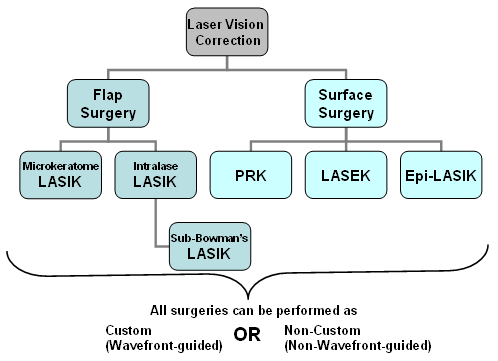Eager To Understand Refractive Lens Exchange? Explore Crucial Understandings And Solutions That Might Substantially Influence Your Vision Experience
Eager To Understand Refractive Lens Exchange? Explore Crucial Understandings And Solutions That Might Substantially Influence Your Vision Experience
Blog Article
Content Author-Miller Espinoza
If you're thinking about refractive lens exchange, you most likely have a great deal of inquiries. This procedure might change exactly how you see the world, offering benefits like minimized dependancy on glasses. Nonetheless, it's necessary to recognize the procedure, dangers, and that qualifies as a good candidate. Allow's explore these vital aspects so you can make an educated choice about whether RLE is right for you.
What Is Refractive Lens Exchange and Exactly How Does It Work?
Refractive lens exchange (RLE) is a surgery designed to change your eye's natural lens with an artificial one, fixing vision issues like nearsightedness, farsightedness, or presbyopia.
During the treatment, your surgeon makes a small incision in the eye, eliminates your all-natural lens, and inserts an intraocular lens (IOL) tailored to your vision requires. This outpatient surgery usually takes about 15 to thirty minutes per eye and is carried out under neighborhood anesthetic.
You'll likely notice renovations in your vision nearly right away, though total healing might take a few weeks. RLE is specifically advantageous for those over 40 or with high prescriptions, providing a durable service contrasted to glasses or get in touch with lenses.
Your eye treatment specialist can help determine if RLE is right for you.
What Are the Benefits and Threats of Refractive Lens Exchange?
Selecting refractive lens exchange can bring about considerable improvements in your vision, yet it is necessary to weigh both the benefits and risks prior to deciding.
On the bonus side, this procedure can improve your eyesight by correcting problems like presbyopia, nearsightedness, and hyperopia. Lots of people delight in lowered dependancy on glasses or contact lenses, which can significantly boost their quality of life.
Nevertheless, it's critical to think about potential threats. Issues can include infection, glow, or halos around lights.
There's additionally an opportunity of overcorrection or undercorrection, which may require additional procedures.
That Is an Ideal Prospect for Refractive Lens Exchange?
If you're thinking about refractive lens exchange, it is very important to know whether you fit the account of an excellent candidate. Generally, https://www.ophthalmologytimes.com/view/laser-vision-correction-procedures-soar-in-wake-of-covid-19 might be an excellent prospect if you more than 40, experience presbyopia, or have high levels of nearsightedness or farsightedness.
It's additionally crucial that your vision is stable, suggesting your prescription hasn't transformed considerably in the past year. If you have cataracts or various other eye problems, you could benefit from this procedure as well.
Nevertheless, specific variables, like unrestrained diabetes or autoimmune illness, can disqualify you. To identify your candidateship, talk to an eye treatment expert that can evaluate your details situation and recommend the best course of action customized to your demands.
Conclusion
Finally, refractive lens exchange can be a transformative alternative for improving your vision, particularly if you're over 40 or have a high prescription. While the advantages are significant, it's vital to weigh the threats and consult with your eye care professional to determine if you're a suitable prospect. With Suggested Online site and advice, you can make an educated decision and potentially delight in a life with lowered dependence on glasses.
